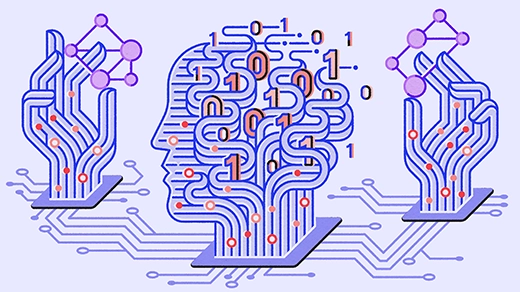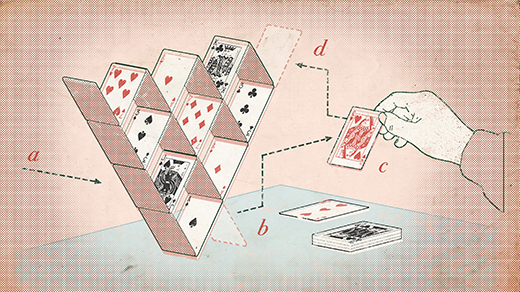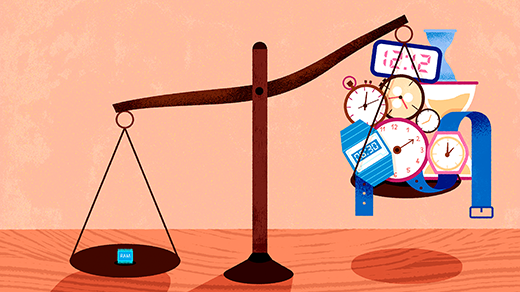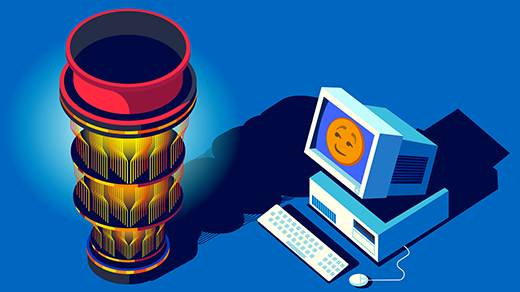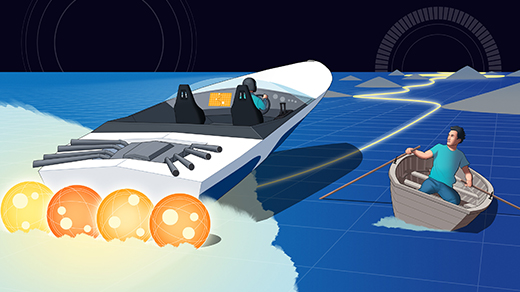What's up in
Computational complexity
Latest Articles
The Year in Computer Science
Explore the year’s most surprising computational revelations, including a new fundamental relationship between time and space, an undergraduate who overthrew a 40-year-old conjecture, and the unexpectedly effortless triggers that can turn AI evil.
‘Reverse Mathematics’ Illuminates Why Hard Problems Are Hard
Researchers have used metamathematical techniques to show that certain theorems that look superficially distinct are in fact logically equivalent.
How Can Math Protect Our Data?
Mary Wootters discusses how error-correcting codes work, and how they are essential for reliable communication and storage.
Quantum Scientists Have Built a New Math of Cryptography
In theory, quantum physics can bypass the hard mathematical problems at the root of modern encryption. A new proof shows how.
Computer Scientists Figure Out How To Prove Lies
An attack on a fundamental proof technique reveals a glaring security issue for blockchains and other digital encryption schemes.
For Algorithms, a Little Memory Outweighs a Lot of Time
One computer scientist’s “stunning” proof is the first progress in 50 years on one of the most famous questions in computer science.
How a Problem About Pigeons Powers Complexity Theory
When pigeons outnumber pigeonholes, some birds must double up. This obvious statement — and its inverse — have deep connections to many areas of math and computer science.
What Is the True Promise of Quantum Computing?
Despite the hype, it’s been surprisingly challenging to find quantum algorithms that outperform classical ones. In this episode, Ewin Tang discusses her pioneering work in “dequantizing” quantum algorithms — and what it means for the future of quantum computing.
Quantum Speedup Found for Huge Class of Hard Problems
It’s been difficult to find important questions that quantum computers can answer faster than classical machines, but a new algorithm appears to do it for some critical optimization tasks.
